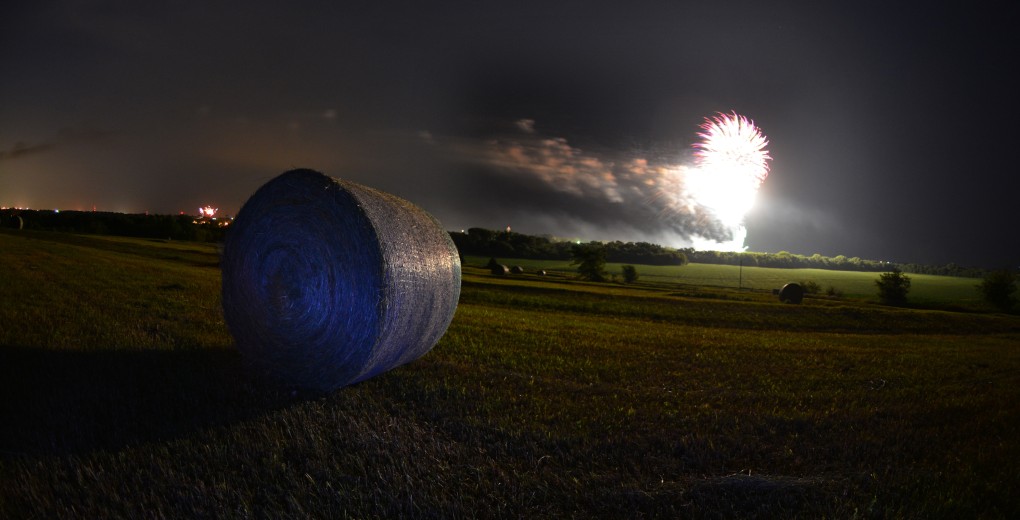Protect your livestock against fireworks this autumn

As COVID-19 continues to distrupt events across the UK and local firework displays are few and far between, more people are having unregulated celebrations in their own gardens and, sometimes even in public parks and fields.
While under the Animal Welfare Act 2006, it is illegal to light fireworks near fields or homes containing horses and livestock due to the loud noises they emit and those evading the law, this doesn’t always stop people. This means that fireworks continue to scare animals up and down the country.
Animals often panic and flee at the sound of loud noises, which can put them in very dangerous scenarios, including injuries on nearby fences and equipment, running out into roads, stampedes and losing their young. In 2018, around 1 in 14 vets attended to an animal with a fireworks-related injury and this increased to 1 in 5 for equine vets.
The impact of COVID-19
BVA Senior Vice President Daniella Dos Santos said the loud noises and bright flashes from fireworks can be extremely traumatic for livestock.
“While Covid-19 restrictions may lead to the cancellation of official displays, we are worried about a rise in the number of backyard celebrations,” she added.
“We’d encourage livestock keepers to consult with their vet to discuss management and treatment options, which may include noise desensitisation techniques, applying pheromone products around the house, and preparing a ‘safe place’ for animals.
“With professional input and owner commitment and patience, a phobia of fireworks can be effectively treated with appropriate behaviour-modification techniques.”
Have a long-term plan
If you keep animals which are easily spooked by loud noises, it’s worth discussing management and treatment with your vets in advance. Unfortunately, fireworks and other loud noises aren’t just limited to Bonfire Night alone, so it certainly helps to seek longer term treatment. In many instances, anxiety resulting from fireworks can be treated with behaviour-modification techniques.
Keep animals in appropriate housing
If you’re aware of any firework events in your area, or are expecting them from neighbours, keep all animals inside during this period. The only exception may be horses, who often feel more confident out in their field, rather than feeling trapped in their stable. Just ensure there are no spots in your fencing where your horse can escape. If you do stable your horse, it can help to keep a radio playing outside the stable to mask noises further afield. Stay with your horses as long as you can during Bonfire Night to keep them calm.
Recognise signs of distress
Knowing the signs of distress can alert you should your animals become at real risk of endangering themselves during fireworks. Listen out for them being more vocal that usual and look out for sign of restlessness, refusal to lay down, grouping together, loud breathing, seizures and surging movements. Many animals will be soothed by the presence of someone they trust, so it helps to have an experienced worker around to deal with any incidents.
Following a firework event, make sure to check your fields for any dangerous firework debris and clear it away before allowing them to roam. Do not rest on your laurels following Bonfire Night, it pays to be vigilant throughout this period in case of follow-up events.
To check your farm insurance is sufficient over this period of increased risk, just call our specialist agricultural team on 01952 607600


